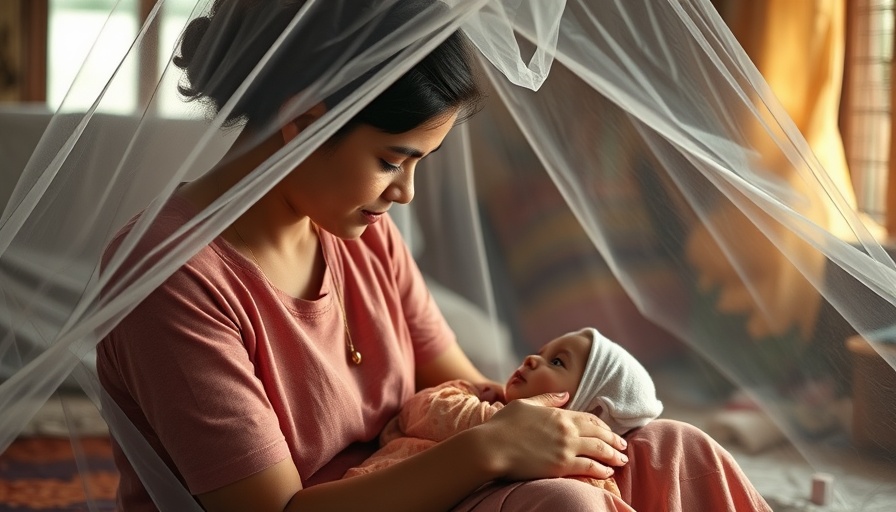
Urgent Call for Action on Malaria in the Americas
On April 25, 2025, marking World Malaria Day, the Pan American Health Organization (PAHO) urged nations in the Americas to enhance their efforts to eliminate malaria. Despite notable achievements in combating this disease, the region now faces stagnation in progress, with over 500,000 reported cases in 2023, primarily in South America.
Significant Statistics Highlight the Need for Change
The latest statistics from PAHO reveal that 92% of malaria cases arise in South America, particularly within Brazil, Venezuela, and Colombia, which together account for 80% of the total cases. Alarmingly, indigenous populations are disproportionately affected, representing 31% of reported cases and 41% of deaths. These figures underline the urgent need for nationwide initiatives to improve access to diagnosis and treatment.
Challenges in High-Burden Areas
Indigenous communities and areas like the Amazon face numerous barriers to accessing proper healthcare. Geographic and cultural challenges, along with security issues rife in extractive regions, hinder these communities' ability to seek out diagnosis and treatment. PAHO's Director of the Department of Communicable Disease Prevention, Control, and Elimination, D. Sylvain Aldighieri, indicates that it is vital to break down these barriers for effective malaria management.
Community Engagement is Key to Malaria Elimination
The PAHO stresses the importance of community involvement in eliminating malaria. Encouraging active participation from local leaders and trained health workers can facilitate the distribution of rapid diagnostic tests and treatments in remote areas. By enhancing service delivery locally, the region can make significant strides toward malaria elimination.
Why Strong Political Will Matters
Aldighieri emphasizes that achieving these goals relies on robust political commitment. Multi-level governance, regulatory changes, and forming new partnerships—especially with impacted communities—are critical. The collaborative spirit with local players makes a significant difference in fighting malaria.
Milestones Achieved and Future Aspirations
Despite the current challenges, progress has been made. Since 2018, Paraguay, Argentina, El Salvador, and Belize have been certified as malaria-free, demonstrating that with enough effort, success is attainable. In addition, Suriname has gone three years without local malaria transmission and other countries like Costa Rica and Mexico are experiencing promising advancements.
Call to Action: Sustaining Malaria Elimination Efforts
To maintain momentum in eliminating malaria in the Americas, it's crucial to keep implementing and supporting the initiatives laid out by PAHO. Everyone—communities, governments, and health organizations—needs to work collaboratively to sustain progress and ultimately eradicate malaria. By making a concerted effort to address barriers and engage communities, it is possible to achieve a malaria-free future for the Americas.
 Add Row
Add Row  Add
Add 




 Add Row
Add Row  Add
Add 


Write A Comment